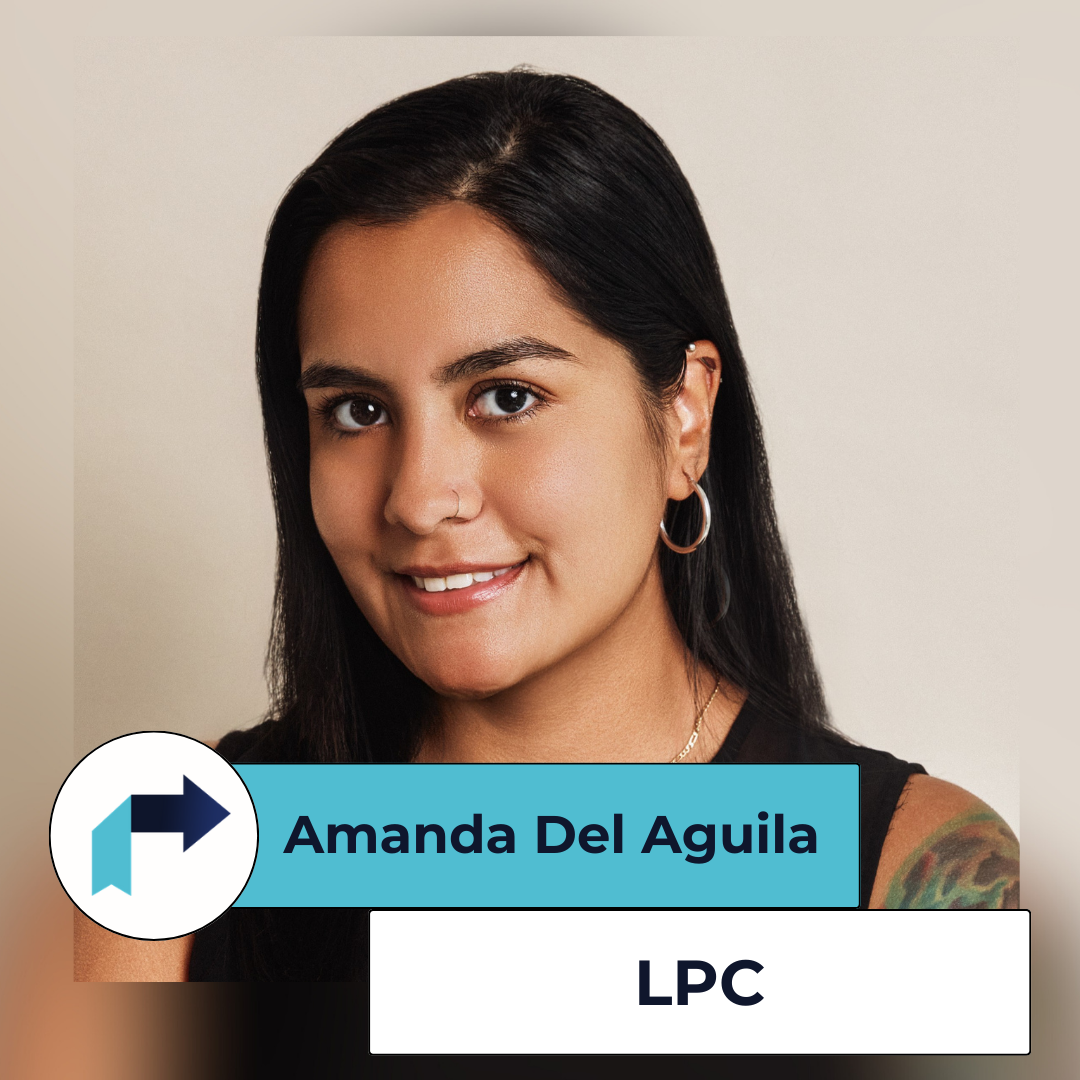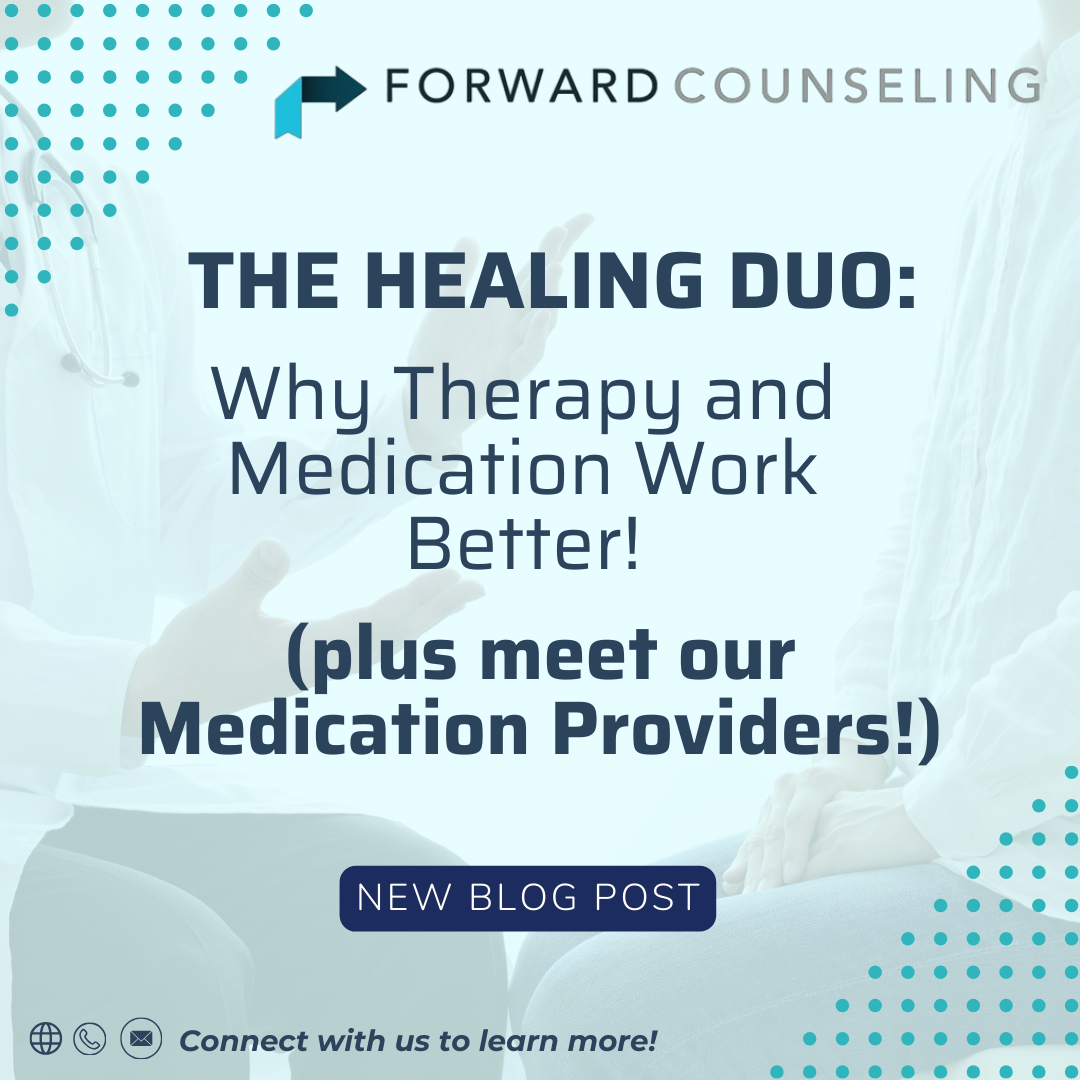Life Coach Q&A: What is Mindfulness? With Expert Dean Graves
/Coaching Q&A
with Coach and Instructor Dean Graves
Dean Graves shares information about the importance of mindfulness. Dean has taught clients all over the world how to heal from trauma, how to get rid of unwanted conditions, and how to develop professionally and get rid of conflict in the workplace.
Q: Why should someone see a counselor or life coach?
A: A counselor and/or life coach can provide significant perspective to specific or general “unwanted conditions” that a person may be experiencing. Everyone has unwanted conditions that they experience in everyday life. The degree to which an unwanted condition limits a person’s enjoyment of life varies from person to person and by the nature of the condition and can vary in intensity from a minor recurring irritation to a foundational existential angst about the human condition itself.
While a counselor/life coach may or may not have all of the answers to all unwanted conditions, they should be able to sufficiently guide the client/patient to significantly escalate their own level of awareness until they are able to assume personal responsibility for resolving the unwanted condition(s). Choosing a counselor or life coach to work with should be approached as prudently as you would to employ any professional service provider.
Q: What made you choose to be a life coach?
A: It wasn’t something that I sought to do with forethought but, as a result of the success personally experienced, it was something that I felt gladly obligated to share with others, in the hopes that they too could find success in their own journey.
Q: What is mindfulness?
A: Mindfulness is a “condition of being” that an individual achieves through learning and the practice of maintaining heightened degree of awareness inside of themselves while they go through their daily experiences. Understand that all people coexist simultaneously in both the metaphysical world and the physical world and for understanding purposes, imagine that the metaphysical world is a guru’s cave and the physical world is the village. All problems are in the village but the guru’s cave is problem free. If you allow yourself to only know the village then you only know problems. Mindfulness is learning to clearly identify the problem free feeling of the guru’s cave and then carry that feeling, that perspective, as you re-enter the village and its problems.
Q: What makes mindfulness great?
A: Becoming mindful is a process that requires the acolyte to become increasingly aware. As the acolyte increases their success in becoming mindful, they experience decreasing stress in their daily life. The less stress a person experiences, the happier they become until eventually they experience only bliss and are totally stress free.
Q: What is your purpose in life?
A: My purpose/passion is the same as every other person sharing a lifetime, which is to explore the self by experiencing the self. Pursuing a career path, of any sort, provides us with experiences of a particular nature that allow us to explore the self more completely.
What we are all learning about is the self in relation to people, places, and things. From these relational experiences we are afforded the opportunity to learn about awareness, love, wisdom, unity, and ultimately stillness.
Q: Who did you learn from? What trainings have you completed?
A: Principally, I have learned from my Higher Self but, more practically and less esoteric, I have learned from every person who I have shared experiences with over a lifetime. The techniques I employ in assisting others to achieve immediate relief from unwanted conditions were taught to me by the creator of the processes, Dr. Zivorad Slavinski.
Q: What other trainings have you completed?
A: I have done trainings in mindfulness-based interventions, Acceptance and Commitment Therapy, Emotionally Focused Therapy, Cognitive-Behavioral Therapy, and trauma-informed care.
Q: How do you use the skills you have learned as a coach in your own life?
A: I have used the methods and/or skills to heal a lifetime of accumulated “emotional baggage”, gained significant progress in self awareness and surrendering of a false identity/ego, gained significant insights into the true nature of the human condition, and experience significantly less stress than I historically contended with and/or what most people experience on a daily basis. I continue to enjoy experiences, which means I have the continued opportunity to learn and heal distortions to even a greater degree.
It’s difficult to offer specific examples because, as you progress through the process, specific “unwanted conditions” that may seem monumental prior to healing become inconsequential other than how they aided your awareness. Some examples of these that I have experienced include grief from the death of family and close friends. Other effects of healing include various physical ailments.
Q: What advice do you have for someone struggling with a traumatic experience?
A: As with any unwanted condition, first decide that you’re ready to heal. Second, allow someone properly trained to skillfully guide you to healing the unwanted condition. Traumas are not difficult to resolve, even if there are multiple traumas to work through. Traumas are like a big boulder in the road, hindering progress. Once removed, the forward progression of healing becomes significantly easier.
Q: What is your favorite mindfulness exercise?
A: Daily meditation. Nothing else comes close to its effectiveness. When you have learned to meditate, you have learned to enter the guru’s cave and all information and healing becomes available.
Q: How many sessions should a client expect to complete?
A: It depends entirely on their objective. Self healing, which is really what we are discussing here, is a lifetime process. Usually, a person begins from a condition of chaos and, depending on the degree of chaos; it may take some period of time for them to gain sufficient stability to be able to assume responsibility for their own progress. Once they reach relative stability and can assume responsibility, the counselor may only be called upon for an occasional “tune-up” or to unblock a particular obstacle.
Most people, because they are unfamiliar with what is possible, seek to only deal with an immediate problem. For example, healing a specific trauma usually requires no more than one or two sessions, or depression, which is usually a series of layered emotional baggage but usually only requires three to five sessions to experience significant healing.
The patient controls the accelerator for their healing. If they are resistant to doing the work, we must first work directly on the resistance as if it were an unwanted condition before even addressing the condition itself. If they assume responsibility for their healing and can self apply the techniques we teach them, progress becomes greatly accelerated and the cost to the patient becomes significantly reduced.
Q: Lastly, how should a prospective client prepare for their first session?
A: Simply set aside the time for the appointment with the understanding that this is personal time, intended to provide healing for the self.
Forward Counseling offers sessions with talented and passionate counselors, psychiatrists, professional/ business coaches and life coaches like Dean Graves. To book with Dean or learn more about other amazing providers dedicated to serving the community of brain health, reach out to us.
Follow us on social media for free tips, advice and life hacks from trained mental health professionals!





